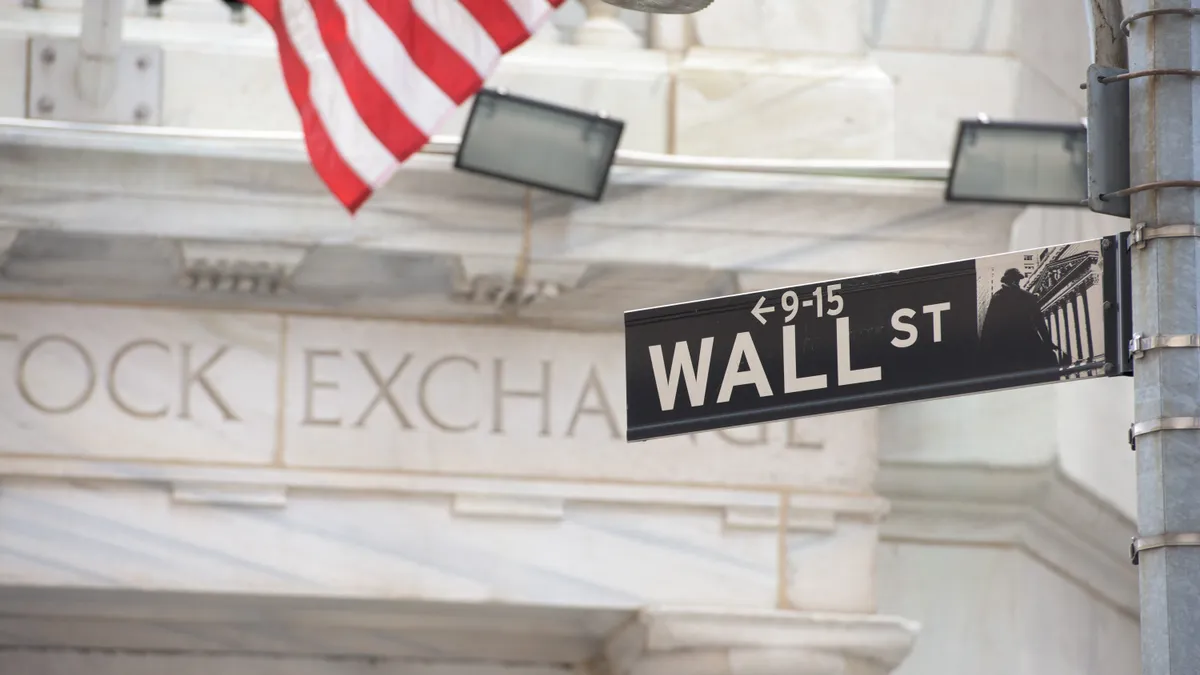Dive Brief:
- Boston Scientific CEO Mike Mahoney forecast 7.5% organic sales growth for the full year, an acceleration over 2018 in reporting third quarter results Wednesday. Drivers include positive reimbursement decisions for its stroke risk reduction Watchman device, expected launch of its single-use duodenoscope Exalt, and its transcatheter aortic valve replacement system approved by FDA earlier this year.
- Executives said they anticipate the FDA's panel meeting next month on single-use duodenoscopes will increase momentum for its Exalt platform and products. Exalt, which the company forecast to be a "significant growth driver" is expected to be through FDA review by the end of 2019.
- Growth in emerging markets ticked in at nearly 20% in the quarter, and was particularly robust in China and Latin America. Highlights include performance of its Watchman device in China and strong performance of its structural heart products in the broader Asia-Pacific region. The company also predicted it would see double-digit growth from British oncology device maker BTG, an acquisition it first announced last year, in 2020.
Dive Insight:
Excluding its acquisition of BTG, the company achieved 9.3% overall organic revenue growth in the third quarter compared to the prior year period. The cardiovascular unit posted 12.6% organic growth, while that figure for its MedSurg unit achieved reached 10.5%, and in its rhythm and neuro units hit 3.9%.
While closing its acquisition of BTG took three to four months longer than expected, the company expects the unit's operating margins will continue to improve, COO Dan Brennan told investors. "We're comfortable with double digit growth [of BTG] in 2020," he said.
The company reported growth in structural heart sales across all product lines, with group sales up 13% in the quarter. That growth came in spite of declines in paclitaxel-coated stent sales that have been associated with safety concerns and are undergoing labeling revisions.
Mahoney also downplayed the possible negative effects of its ISCHEMIA trial, whose results are set to be unveiled next month. The trial will compare early invasive management of stable angina against medical therapy alone. If results show no difference between percutaneous coronary intervention and drug therapy alone, the company estimates a negative impact of $40 million. Mahoney said analyst interest in the trial was "overblown" and "disproportionate to the overall business."
The neuromodulation unit saw 8% organic growth, representing an acceleration compared to the second quarter in which revenues were roughly flat. The company attributed some of the growth to growing demand for products from Vertiflex, a spinal company it acquired in May.
The urology and pelvic health units also saw 10% organic growth, offsetting the market withdrawal of pelvic mesh products over safety concerns. The company said it's wrapping up legal claims over transvaginal mesh products and expects to pay a total of $120 million out in 2019 with another $150 million to be paid out in 2020, which will resolve 95% of all known claims.
Shares in Boston Scientific were trading higher in early morning trading, with the stock price up nearly 6%.











